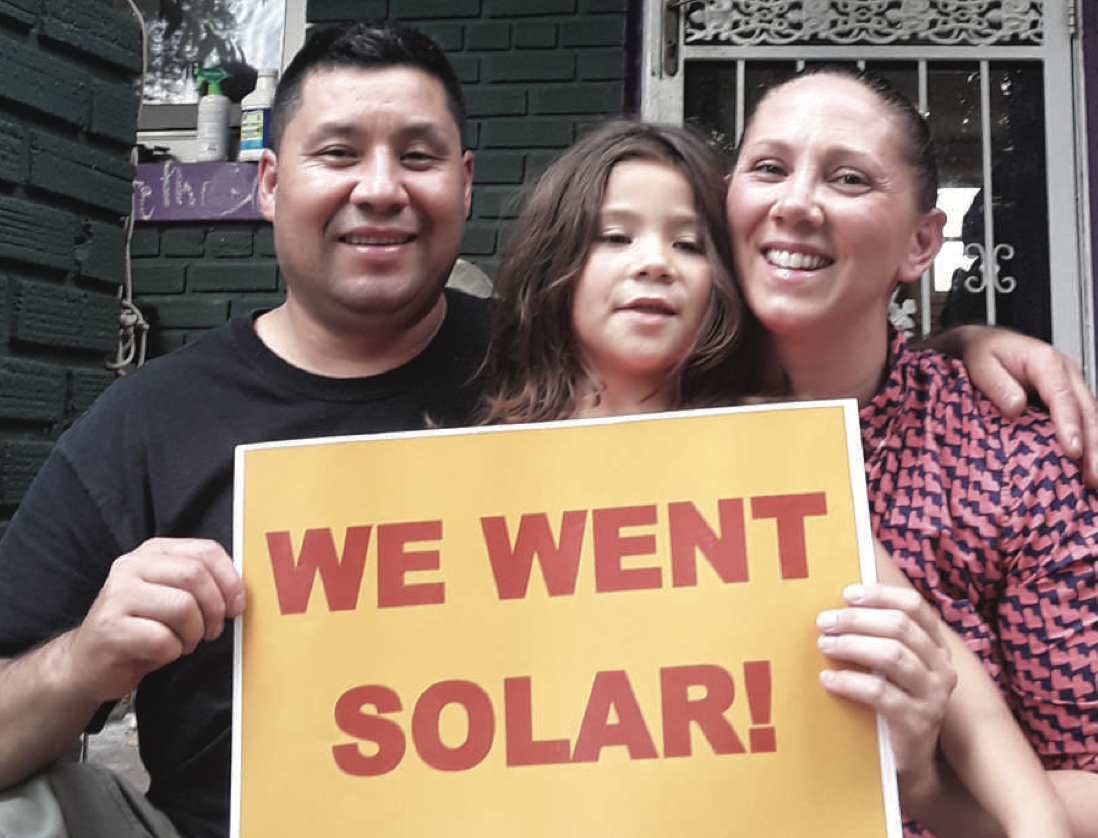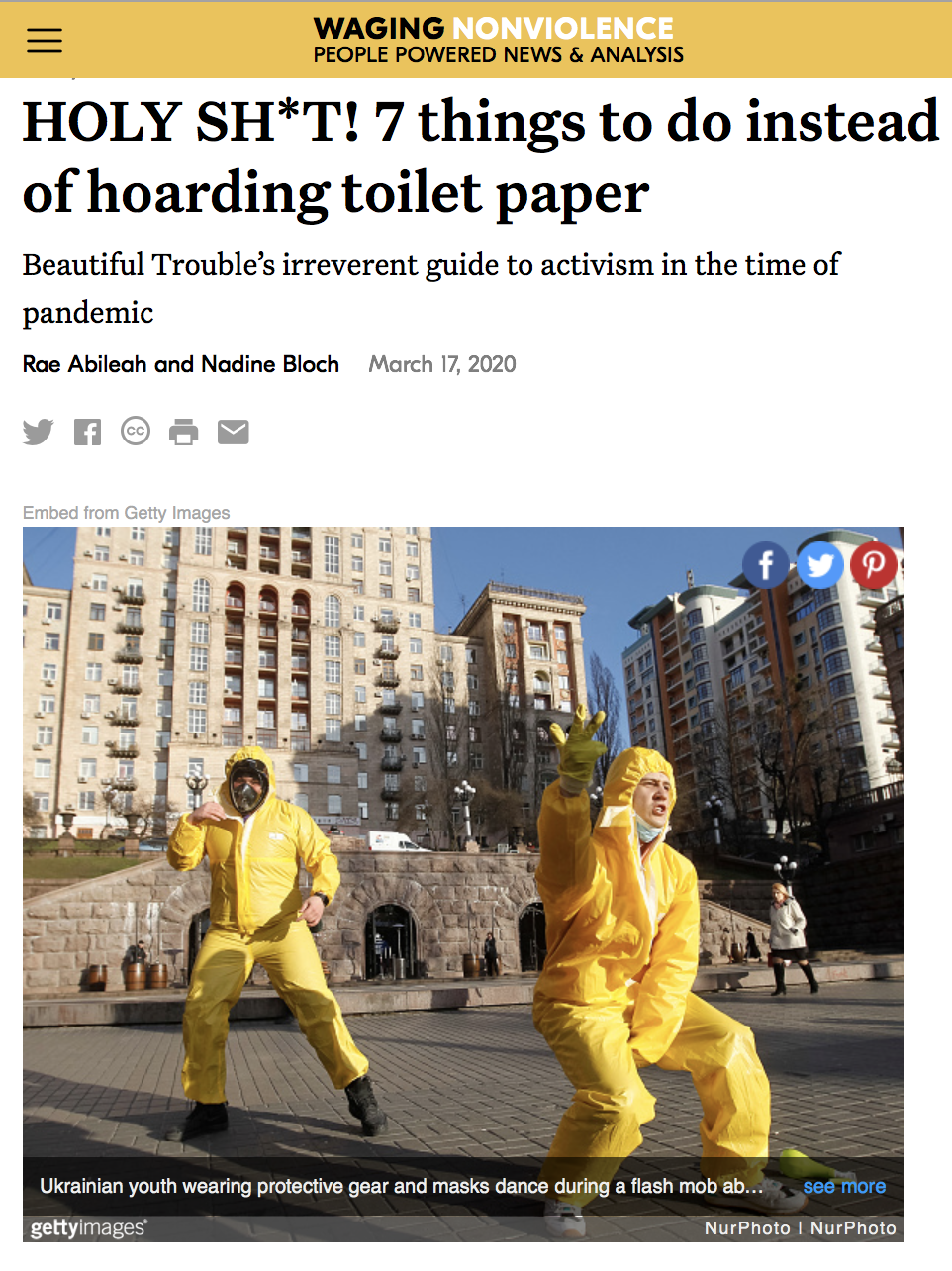Resources
Search below for resources covering the intersection of climate engagement, social science and data analytics.
RESULTS
Affect and emotions as drivers of climate change perception and action: a review
Emotions are a powerful tool for changing people’s climate-related behaviors, but should be used carefully. This resource reviews research on emotions and climate change from the past five years, finding that people who are worried about climate change or have negative affect—an unpleasant gut feeling—toward it are more willing to engage both in mitigation behaviors like using public transport or saving electricity, as well as adaptation behaviors like purchasing insurance or seeking information about hazards. However, use caution when using messaging to invoke negative emotions about climate change. Creating intense climate anxiety may reduce people’s general well-being, and research in health communication has found that fear, without hope, may be counterproductive to behavior change. Instead, combine messages about the threat of climate change with “constructive hope” messaging, which focuses on feasible solutions and how individual and collection action can make a difference.
An Approach to Understanding and Measuring People Power
Existing methods of measuring people power and impact could be improved to make organizing stronger. This report—written for both scholars and organizers—first argues that we should conceive of the locus of power as what the people, not political elites, have the potential to do. It breaks down power into multiple sub-components, which can be all measured: inputs (e.g., 1:1 meetings, events, voter contact) and outputs (e.g., growing constituency base, policy changes, election outcomes). It provides some tips for measuring power, such as mapping out networks of organizations, analyzing text of various messaging across time or place, and collecting data on legislative bills proposed or passed by a specific government. There are other ways to measure potential power and engagement, by collecting data on direct action attendees or organizational membership over time—and their changing roles in any organization hierarchies. To try to understand impact, these measures of power “inputs” can be correlated with the “outputs”. Organizations will often have to collect this data, themselves—unless they partner with researchers like the P3 Lab or the Democracy and Power Innovation Fund.
Solar United Neighbors designed and implemented a low- and moderate-income solar program that empowers D.C. residents to benefit from rooftop and commmunity solar. Lessons learned from the work necessary to build and run an effective program include: Start small, then scale up; Build trust in the community; Leverage key partnerships; Expand customer base through referrals; Work to simplify the process; and Be flexible and creative in the communications process.
Politics & Global Warming, April 2020
For Republicans, belief in global warming per se is less of a sticking point (most think it's happening, including 47% of conservative Republicans), whereas accepting that it's human caused remains less common (only 30% of conservative Republicans). This report provides an analysis of public opinion data about the views of Democratic, Independent, and Republican voters registered on global warming, climate and energy policies, and personal collective action. Results show that the majority of registered voters believe that global warming is real (75%) and caused by human action (61%).
HOLY SH*T! 7 Things To Do Instead Of Hoarding Toilet Paper
This irreverent guide to activism in the time of pandemic offers a roundup of the most creative and effective social movement responses to COVID-19, filtered through seven of the most relevant tools from the Beautiful Trouble toolbox, with links to resources compiled especially for this moment.
Tipsheet: 7 Top Evidence-Based Climate Communications Tips
Social science, field research, and polling suggest seven tried and true climate change communication approaches:
- When to use "Global Warming" vs. "Climate Change"
- How to identify and find your right audience
- The inoculation approach to prepare your supporters for opposition messaging
- Why and how to emphasize scientific consensus
- The importance of peer pressure
- The careful balance between hope & threats
- The value of framing climate in terms of health
Toward an integrative social identity model of collective action: A quantitative research synthesis of three socio-psychological perspectives
Emphasize shared identity, injustice, and empowerment to motivate supporters to action. This paper analyzed data from 182 prior studies on a range of social movements around the world and integrated past theories of social movement participation into a unified framework, the Social Identity Model of Collective Action (SIMCA). People were more likely to be interested in and take action on a cause as a result of three elements: their social group was experiencing injustice towards it, they more strongly identified with that group, and/or they felt that acting together could have an impact (that is, a sense of collective efficacy). The influence of injustice was stronger when it was emotionally felt, not merely intellectually understood; and identity was more potent when it was politicized—that is, linked to an organization, movement, or broader social analysis. Of the three elements, identity was the most reliable and appeared to also influence the other two, so may be the most important for organizers to focus on.
Pagination
- Previous page
- Page 3



